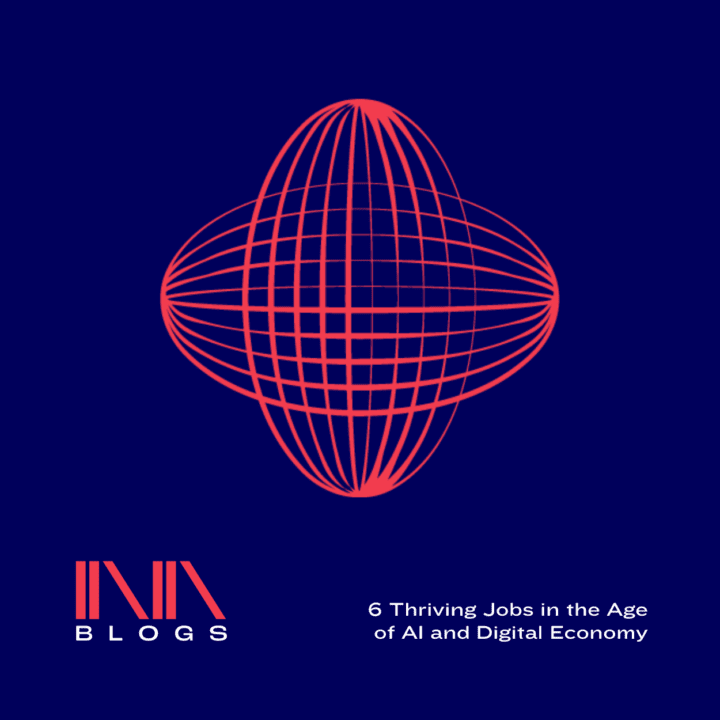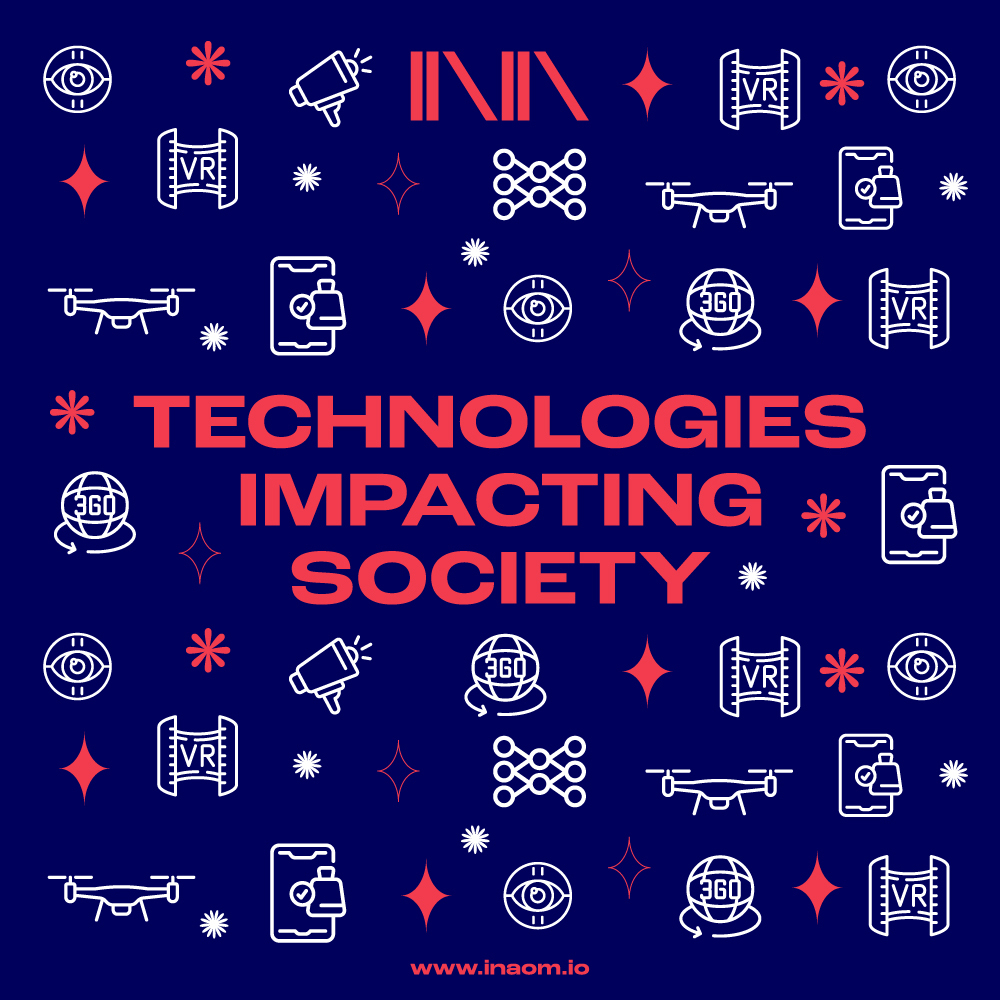Introduction
Welcome to our insightful blog post where we explore a groundbreaking podcast episode on Universal Basic Income. In this enlightening discussion, the host, Ina O’ Murchu, engages with Dr. Sean Healy, the esteemed Director of Social Justice Ireland, an independent think tank and justice advocacy organisation. The central focus of this episode revolves around the concept of Universal Basic Income (UBI) and its critical role in today’s rapidly changing world, particularly in light of the digital revolution and advancements in artificial intelligence.
Follow Social Justice Ireland on Twitter:
https://twitter.com/SocialJusticeI
What is Universal Basic Income?
At its core, Universal Basic Income is a visionary idea that proposes providing all citizens with a regular, unconditional payment from the government or public organisations. The concept aims to address fundamental socio-economic challenges, promoting greater financial security and reducing income inequality among individuals and communities.
The Need for Universal Basic Income
In the wake of the digital revolution and the rapid advancement of artificial intelligence, the landscape of employment is undergoing a transformative shift. As technology reshapes industries and job markets, concerns over job displacement and precarious employment have emerged. Middle-class occupations are now at risk, with an increasing number of individuals facing uncertain prospects.
Moreover, the rise of precarious work and low pay further exacerbates societal disparities. Many workers find themselves in unstable positions, struggling to make ends meet. Universal Basic Income presents an opportunity to address these challenges by offering a reliable safety net to individuals, empowering them to navigate through uncertain times.
Basic Income as a Solution
Ireland’s Perspective on UBI
Social Justice Ireland advocates for the implementation of Universal Basic Income (UBI) as a crucial step towards building a just society. The concept of UBI revolves around providing every individual, regardless of their socioeconomic status, with a regular and unconditional cash payment from the government. This payment is designed to cover basic living expenses, such as food, housing, and clothing, ensuring a basic standard of living for all citizens.
UBI acknowledges the inherent dignity of each person and their right to a decent life, regardless of their employment status or economic contributions. By guaranteeing a basic income, UBI addresses poverty, inequality, and social exclusion, laying the foundation for a more equitable society.
Recognizing Unpaid Work
UBI recognizes and values the significant contributions of unpaid work in the community. In traditional economic systems, much of the essential work that sustains societies, such as caregiving, volunteering, and domestic tasks, goes unrecognised and unremunerated. This undervaluing of unpaid work disproportionately affects women, who often bear the brunt of caregiving responsibilities.
By implementing UBI, we acknowledge the economic and social importance of unpaid work. It provides financial support to caregivers and volunteers, allowing them to participate more fully in society and reducing their economic vulnerability. Moreover, UBI can help challenge the prevailing gender norms and foster a more inclusive understanding of work and its value.
UBI as a Floor Underneath
UBI is not intended to replace other forms of income or social welfare programs. Instead, it serves as a secure floor underneath other income sources. This means that regardless of whether a person is employed, unemployed, or facing other circumstances, they are entitled to receive the basic income.
For those with little to no income, UBI becomes a lifeline, preventing them from falling into extreme poverty. Simultaneously, for those with low wages or precarious work, UBI acts as a supplement, enabling them to meet their basic needs and reducing income inequality.
By establishing a reliable floor, UBI ensures that everyone in society has a safety net, fostering economic security and empowering individuals to make choices that align with their interests and aspirations.
Impact on Women’s Rights
One of the defining features of UBI is its universality – it is provided to all citizens, irrespective of their income or employment status. This universality is particularly significant for women’s rights and gender equality.
Women often face financial challenges due to gender-based pay gaps, career breaks for caregiving, and limited access to decent employment opportunities. By guaranteeing a basic income to all, UBI reduces financial dependence, giving women greater autonomy over their lives.
Additionally, UBI can alleviate the financial burdens associated with domestic and caregiving responsibilities, making it easier for women to participate in the workforce, pursue education, or engage in entrepreneurship. This financial empowerment can lead to a more equitable distribution of power within households and communities.
Moreover, UBI can challenge the structural inequalities that perpetuate gender disparities by providing women with a stable income floor, irrespective of their marital status or household dynamics.
Contrasting Universal Basic Income with Social Security
It is essential to distinguish Universal Basic Income from traditional social security systems. While social security often emphasises full employment, UBI centres around the notion of providing every citizen with a steady income regardless of their employment status.
As societal perspectives evolve, the limitations and drawbacks of conventional social security models are becoming increasingly apparent. The oppressive approach that once characterised these systems is being challenged by the more progressive, egalitarian vision offered by UBI.
Readiness for Universal Basic Income in Ireland
In assessing Ireland’s readiness for implementing Universal Basic Income, various factors come into play. Political challenges and scepticism surround the idea, yet it has not deterred the emergence of an active movement advocating for basic income in the country.
While there may be hurdles to overcome, the increasing awareness and engagement around UBI indicate the potential for positive change. The ongoing discourse ensures that the conversation remains dynamic, open to new insights and possibilities.
Conclusion
In conclusion, the podcast episode featuring Dr. Sean Healy sheds light on the transformative power of Universal Basic Income. The ever-changing world of work, influenced by the digital revolution and technological innovations, demands fresh solutions to address income inequality and precarious employment.
The concept of UBI goes beyond merely providing financial support; it fosters a sense of security, dignity, and empowerment among individuals from all walks of life. By embracing the principles of Universal Basic Income, we can work towards building a more just and sustainable future for all members of society.










